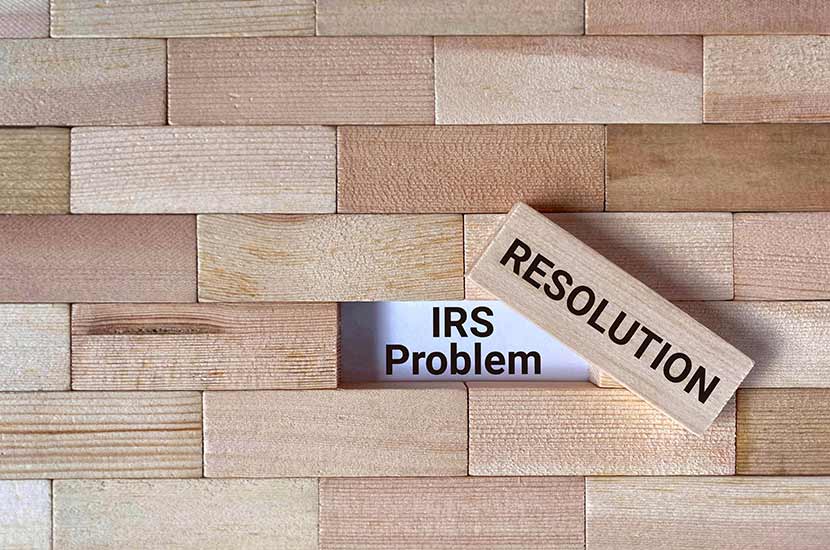For individuals and couples with varied and substantial taxable income streams, navigating tax season involves far more than simply gathering documents in April. A truly effective approach requires year-round tax planning that goes “beyond the basics.” This proactive strategy is essential for managing tax obligations and optimizing your tax position throughout the year.
At Lightening the Load, we understand that complex tax situations demand specialized expertise and continuous attention. This blog post explores why proactive planning is vital and prompts you to consider if you are working with the right tax professional for your unique needs.
Why Complex Tax Situations Demand Year-Round Planning
For those whose taxable income comes from diverse sources, such as business activities, rental properties, or other specific taxable events, a reactive approach to taxes can lead to missed opportunities and unexpected tax bills. Year-round tax planning helps you:
- Anticipate Taxable Income Changes: When income fluctuates from various taxable activities, regular reviews help you project your overall taxable income and adjust your estimated tax payments accordingly, preventing underpayment penalties.
- Identify Nuanced Deductions and Credits: Your tax situation likely involves more than standard deductions. Year-round planning allows time to identify and properly document complex deductions and credits that may be specific to your income-generating activities or property ownership.
- Understand Tax Impact of Transactions: Before you engage in significant taxable activities (like the sale of property, or changes in how a business is structured for tax purposes), proactive planning helps you understand the tax consequences before they occur. This allows for strategic timing or structuring to optimize your tax position.
- Ensure Compliance for Varied Income Types: Different types of taxable income have different reporting requirements. Continuous planning helps ensure you are correctly documenting and preparing for the necessary tax forms for all your taxable income streams.
- Mitigate Potential Penalties: Proactive management helps reduce the risk of penalties related to underpayment of estimated taxes or inaccuracies due to complex reporting.
Are You Working With the Right Tax Professional?
The complexities arising from diverse taxable income streams often require a tax professional who provides more than just annual tax preparation. Consider if your current tax professional offers:
- Proactive Consultations: Do they initiate discussions about your tax situation throughout the year, not just around tax season?
- Expertise in Specific Tax Areas: Do they have deep knowledge of the tax laws related to your particular types of income, such as those from rental properties, business activities, or specific taxable events?
- Strategic Guidance: Do they help you analyze the tax implications of your future plans and suggest strategies to manage your overall tax liability?
- IRS Representation Rights: Should a complex tax matter arise, are they qualified to represent you directly before the IRS?
Tax Planning: A Continuous Journey
For individuals and couples with complex tax situations, tax planning is not a one-time event but a continuous journey. Engaging with a dedicated tax professional throughout the year ensures you are always informed, compliant, and positioned to manage your tax obligations effectively.
At Lightening the Load, we are your steadfast partners, accompanying you through every tax season. Our team offers personalized advice tailored to your unique circumstances and complex tax needs.
Let us lighten your load.





